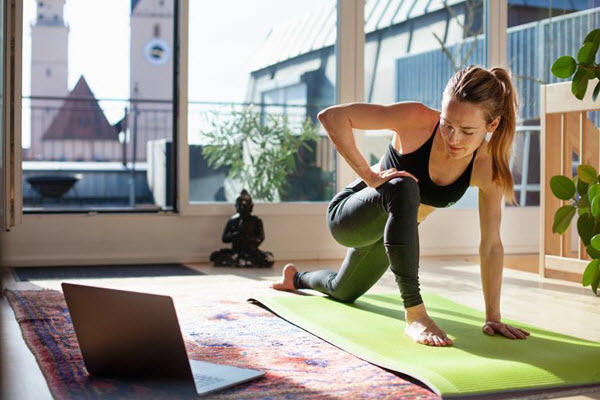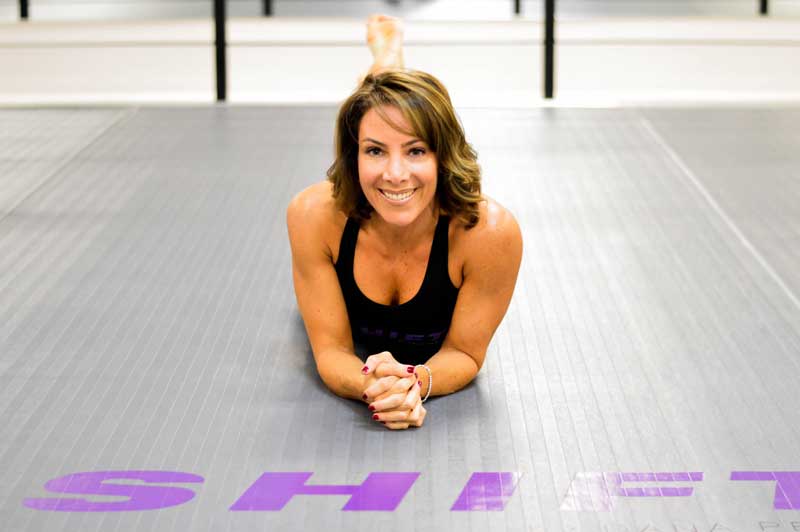Sleep and exercise go hand in hand.
Exercise helps you sleep better. Sleep gives you the deep, recuperative process your body needs to be strong and healthy. A consistent, challenging exercise routine promotes better sleep. Getting s solid 8 hours of sleep each night improves your quality of life.
Adults can usually sleep somewhere between 6 and 10 hours a night. Individual needs vary. Some people function fine on 6 hours a night while others need 10 hours a night. We learn how much sleep we need, and we know our days are impaired if we do not get what we need.
Regular exercise in the morning or afternoon raises your boy temperature a few degrees. Hours later your internal thermostat returns to a normal temperature rate and feelings of drowsiness help you fall asleep. This is true if you do a full workout or take a 15 minute walk in the afternoon. Exercise burns calories, reduces stress, and raises the body temperature. As your bodily functions return to normal in the evening, falling asleep becomes easier.
While regular exercise and good sleeping habits come easy to some, other people have a difficult time. The Centers for Disease Control and Prevention estimate nearly one-third of adults do not sleep enough for optimal health. The recommendation for teenagers is 8 to 10 hours a night and less than two-thirds of high school students are reaching it. Sleep deprivation can increase the risk of heart disease, diabetes, high blood pressure, stroke, and heart attacks. Americans also have a hard time making exercising a priority. Less than 5% of adult get at least 30 minutes of physical activity per day. Only 1 in 3 adults reach the recommended amount of physical activity each week. Nearly 40% of Americans are obese.
Making exercise a consistent habit requires making it a priority in your daily routine. It is not easy, but the benefits greatly outweigh the struggle of getting there. Most people start and stop many times before they achieve consistent exercise habits. Each time there is a stoppage, it is a matter of understanding why you stopped. Learning not to stop is your goal. It is a process and not a destination. As you exercise more your sleep habits will start to improve. Find the best time for your workouts. It is a time you can make consistently. Schedule your exercise sessions so you can plan accordingly. Tell others you are exercising so you do not get interrupted. Know what you are going to do in your workout so there is a plan. Build on your plan by keeping the things you like and making changes when you need to. It is all about being consistent.
You can jump start your sleeping habits by working to improve how you sleep. The biggest tip is to turn off the television, videos games and computers. We spend several hours each week engaging digital entertainment. Turn it off. Avoiding caffeine, alcohol and other chemicals will also make a big difference in your ability to sleep. Take a walk or read a book. Find other quiet activities around your sleep time to induce a better night’s sleep. Try to make your getting into bed at night a routine so your mind and body create a habit and get used to it.


